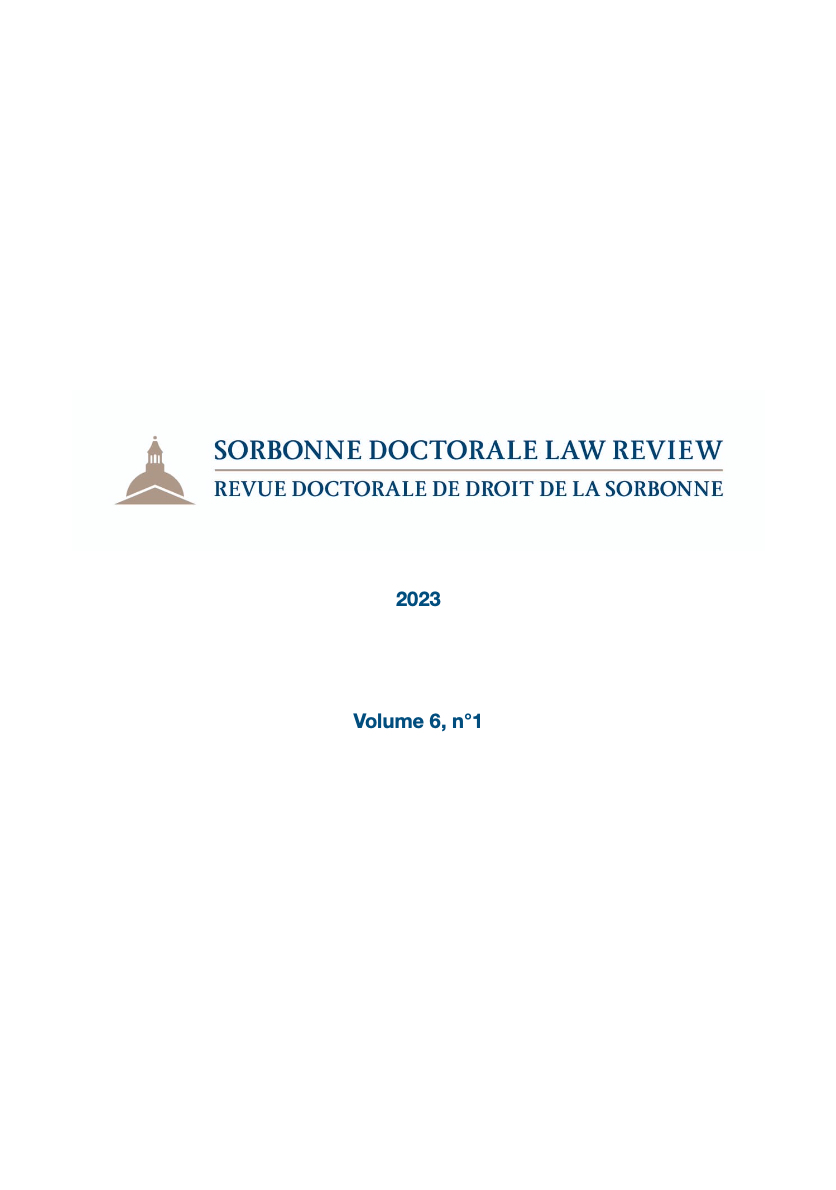Abstract
The prosecutor has an important role in criminal procedure. He has especially the authority to prosecute a case. In South Korea, the prosecutor can participate in the criminal procedure across the board, from the criminal investigation to the public prosecution and the court hearing. The prosecution has a hierarchical structure in accordance with “the principle of uniformity of public prosecutors”. When conducting prosecutions, the prosecutor must respect the fundamental principles : “the principle of public prosecution” (1), “the principle of monopoly prosecution” (2), “the principle of discretionary prosecution” (3), “the principle of written indictment only” (4). This paper was approached from the perspective of French & Korean comparative law. Between both laws, there are several differences like the adoption of a civil prosecution in French law. Currently, the Korean prosecution has too much power in criminal procedure, and abusing this power causes social problems. Thus, French law will be an exemplary model to separate the prosecutor’s power in Korean law.

This work is licensed under a Creative Commons Attribution 4.0 International License.
Copyright (c) 2023 Sorbonne Student Law Review - Revue juridique des étudiants de la Sorbonne

